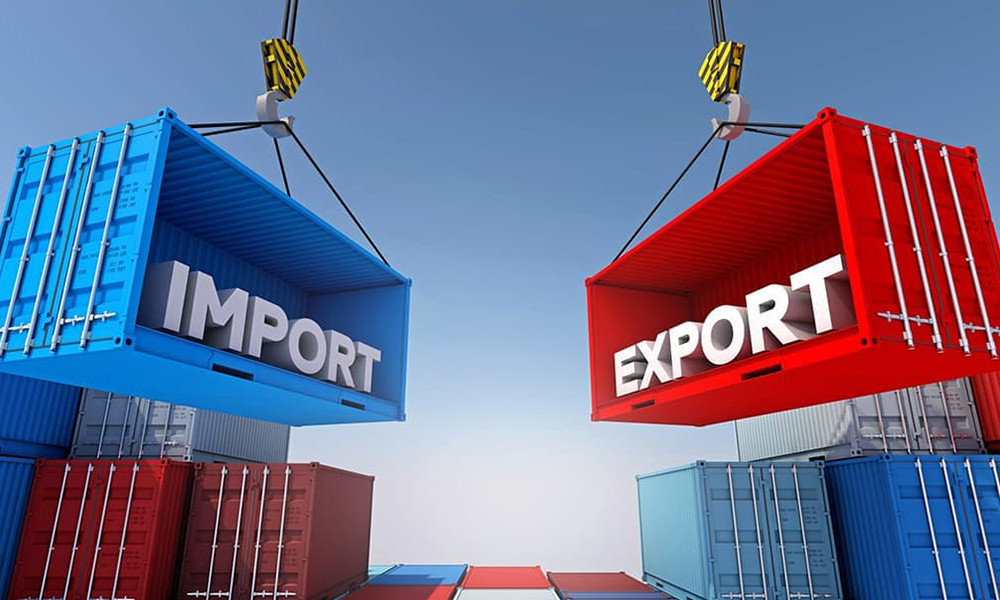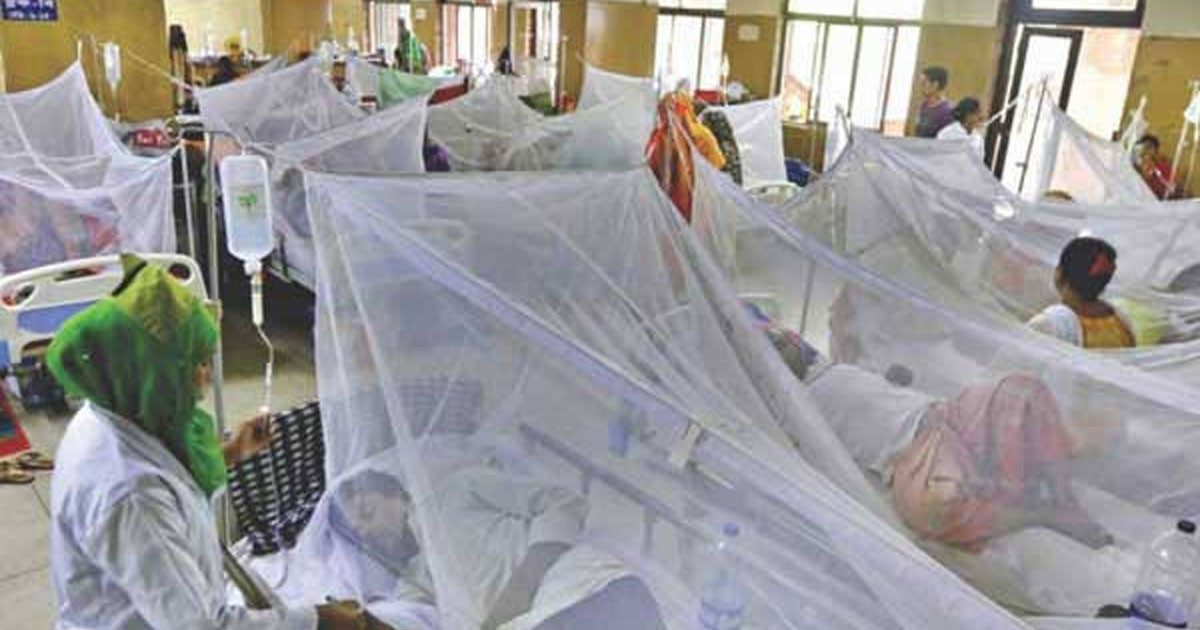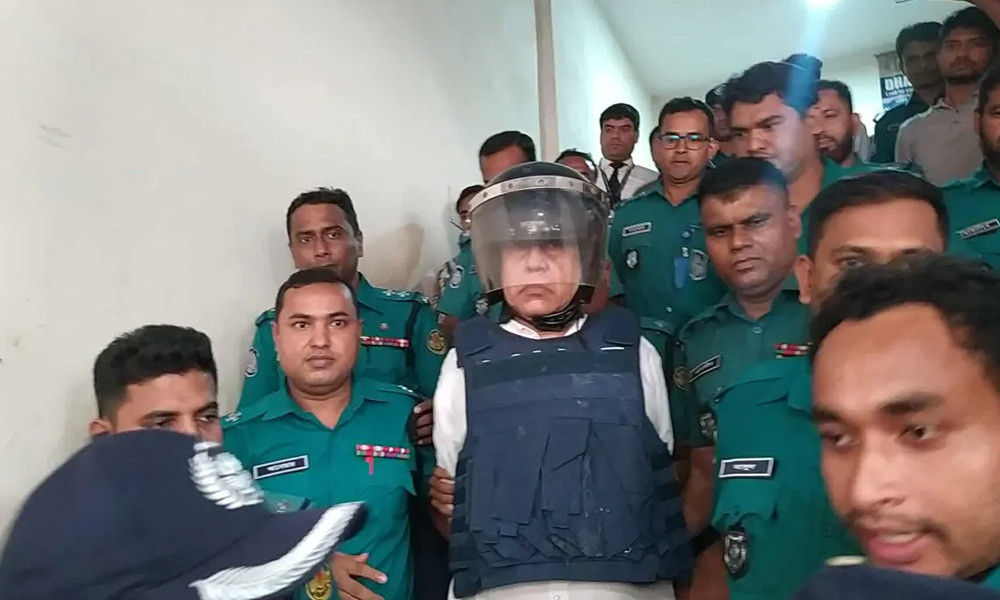
Bangladesh’s industrial sector is grappling with a growing crisis as reduced imports—particularly of capital machinery and raw materials—begin to take a serious toll. The central bank’s prolonged restrictions aimed at conserving foreign reserves have slowed down investment, forcing many factories to shut down or operate below capacity. Even established businesses are struggling, with some defaulting on loans due to a severe dollar shortage and rising operational costs.
Entrepreneurs are deeply discouraged, citing high interest rates, energy insecurity, and law-and-order concerns as reasons for their hesitation to invest. Analysts warn that this uncertainty is not only threatening current businesses but also deterring future investments.
The data confirms the downturn: capital machinery imports have dropped by over 26%, private sector loan growth has fallen to a two-decade low of 6.82%, and GDP growth has declined to 4.22%. Meanwhile, unemployment has risen, with 170,000 more people out of work compared to the previous year. Revenue collection is also suffering, with a shortfall of over Tk 65,000 crore reported in the first nine months of the current fiscal year.
Experts agree that political stability, improved banking systems, and business-friendly reforms are urgently needed. Without these, restoring investor confidence and revitalizing economic growth will remain an uphill battle.









